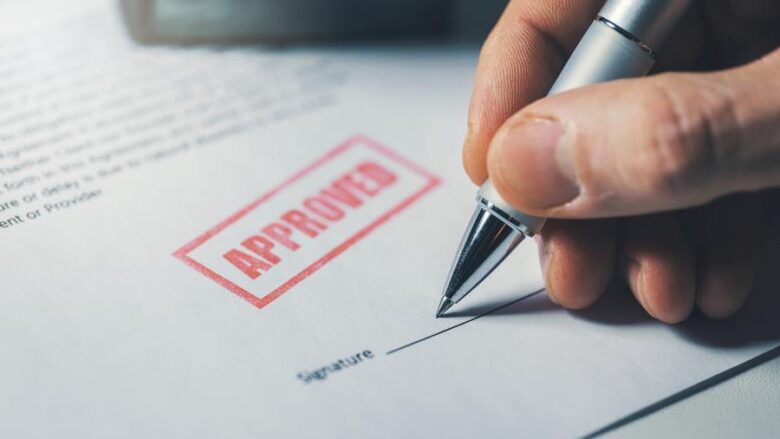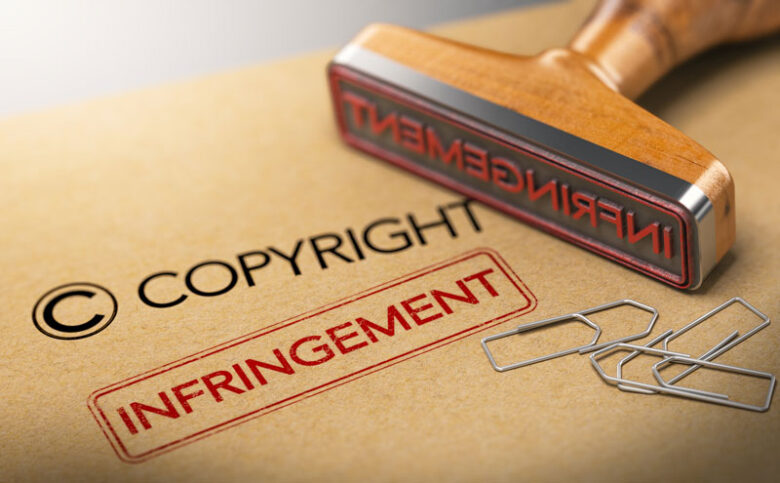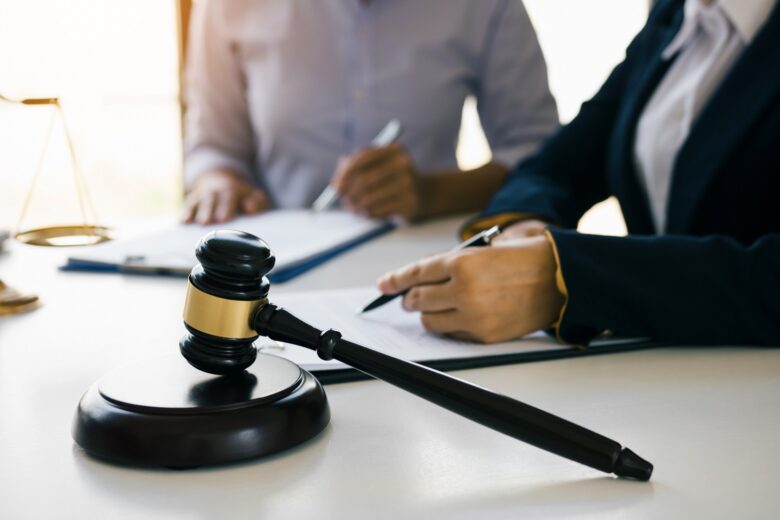The legal world can be a scary place, especially for small business owners. From contract disputes to intellectual property infringement, there are a lot of potential legal issues that can arise. In this blog post, we’ll take a look at some of the biggest legal issues that small businesses face and how you can best prepare for them. By understanding the risks and preparing for them ahead of time, you can put yourself in a much better position when things go wrong.
Legal Issues That Affect Small Businesses
One of the biggest legal issues small businesses typically face is mergers and acquisitions (M&A). When a business is acquired, there are often legal implications that need to be taken into account. These can include things like antitrust laws, tax laws, and intellectual property (IP) laws.
Another issue small businesses face is contract law. Contracts can be important for companies in a number of ways. They can help to bind the parties together, protect the company from lawsuits, and establish the terms of a transaction. However, contracts can also be complex and may need to be drafted carefully to avoid any problems down the line.
In addition to contract law, another key area of small business litigation is employment law. This includes things like wrongful termination claims and discrimination lawsuits. Employment lawyers are skilled at understanding employees’ rights and understanding how workplace policies affect their cases.
1. Licensing

Source: forbes.com
Licensing is one of the most important aspects of running a small business. It can protect your business from potential lawsuits and ensure that you are compliant with all the local, state, and federal regulations that could affect your operation.
There are a number of different types of licenses your business might need, such as a food license, liquor license, or building permit. Licensing requirements can vary from city to city, state to state, and even country to country. It’s important to do your research before starting up your business so you know what licenses are required and how to get them.
In addition to licensing requirements, there are other laws your small business might have to comply with. For example, many businesses must follow anti-discrimination laws when hiring employees or dealing with customers. You also need to make sure you are following tax laws and reporting correctly on your taxes. It’s important for any business owner to stay up-to-date on licensing and other legal issues so they can run their business effectively and avoid any problems down the road.
2. Trademarks
Trademarks are a type of intellectual property that identify the source of goods or services. They can be used to distinguish products and services from those of competitors. The United States Patent and Trademark Office (USPTO) registers trademarks for a fee and protects them using legal action if they are violated.
The USPTO’s website notes that one of the most common violations against trademarks is when someone uses a trademark without authorization from the owner. This can occur when someone tries to register a mark that is already in use by another company, or when they try to use a mark that is too similar to an existing mark. Another common issue is when businesses do not properly protect their trademarks by using proper filings with the USPTO. This can result in their marks being abandoned or suspended, which can have serious consequences for their business.
3. Employee Termination

Source: losspreventionmedia.com
When an employee is terminated, the employer must comply with various legal requirements. These requirements vary based on the type of termination, but generally, an employer must provide a written notice explaining the reasons for the termination, provide a severance package if applicable, and ensure that any benefits that were accrued while the employee was employed are paid. Additionally, employers must comply with various labor laws when terminating employees, including fair labor standards laws and anti-discrimination statutes.
Employees who are terminated generally have several rights, including the right to receive notice of the termination, the right to be treated fairly during the termination process, and the right to retain any benefits they have earned while working for the company. Additionally, employees who are terminated generally have a reasonable period of time after their termination to find new employment.
4. Contract litigation
Contract litigation is a legal process used to resolve disputes between parties who have contracted with each other. Contract disputes can arise when one party does not fulfill their obligations under the contract, or when the terms of the contract are not fair. In order to resolve a contract dispute, both parties must agree to arbitration or mediation. Arbitration is typically faster and less expensive than litigation, but it only allows for binding decisions. Mediation is a more flexible process that allows for both parties to reach an agreement, but it can be more time-consuming and expensive than arbitration. If you need help in this area, don’t hesitate to contact Levitt LLP.
5. Intellectual property infringement

Source: sandrunrisk.com
When a business designs a new product or service, it may need to protect its intellectual property rights in order to prevent others from copying or using its material without permission. If someone does copy or use your intellectual property without permission, you may be able to sue them for damages.
6. Defamation
If someone accuses your business of doing something illegal or damaging to your reputation, you may be required to defend yourself against these accusations. Defending yourself against defamation can require substantial resources and expertise, so it is important to consult with an attorney if you think you may encounter this type of problem.
Breaking the Law ─ What to Do When You’re Accused

Source: nevadasmallbusiness.com
When you’re accused of breaking the law, your first step is to determine whether or not you’re actually guilty. If you are, there are a few things you need to do in order to protect yourself.
First, make sure you have an attorney. Even if you think you’re innocent, having an attorney can help ensure that your rights are protected and that any evidence against you is thrown out.
Be prepared to provide witnesses who can testify on your behalf. If possible, try to get people who were at the scene of the crime to come forward and testify for you. If those witnesses aren’t available, make sure you have documentation of what happened before the arrest (e.g., police reports) or from other sources (e.g., videotapes).
Finally, remember that even if you’re found guilty, it doesn’t mean that everything is over. You may still be able to get relief through a legal process such as appeal or habeas corpus proceedings.
How to Handle Legal Disputes with Customers and Employees

Source: vanderlaw.com
One of the biggest legal issues small businesses typically face is dealing with disputes with customers and employees. Many times, these disputes can lead to lawsuits that can completely derail a business. Here are four steps small businesses can take to minimize the chances of encountering these types of legal problems:
- Address complaints immediately. If a customer has a complaint, address it as soon as possible. Do not ignore the complaint or try to fix the problem later. Doing so could lead to a lawsuit alleging that you ignored the customer’s concerns.
- Make sure your policies are clear and concise. Your policies should be written in plain language so that everyone understands them. Make sure all employees are aware of your policies and follow them when responding to complaints or addressing any issues.
- Have an effective dispute resolution process in place. If a dispute arises, have an established process for resolving it. This process should include options for both parties, such as mediation or arbitration. It’s important to have a process in place so that any disagreements can be resolved quickly and without resorting to litigation.
- Keep records of all contact between yourself and your customers and employees. This information will help you if a dispute arises later on. You’ll also want to keep track of any promises you make to customers or employees during conversations or transactions, as these may become relevant in court proceedings if there is a conflict between the two sides.
Conclusion
As a small business owner, you’re likely juggling a lot of different responsibilities and challenges. But the biggest legal issues that businesses face can be especially tricky to navigate, both because they’re often new territory for most businesses and because they can be highly complex. That’s where an experienced legal team can come in handy, helping you identify and address any potential legal risks before they become bigger problems. And if something does go wrong, your lawyer will be there to help guide you through the process of resolving the issue as quickly and inexpensively as possible.
